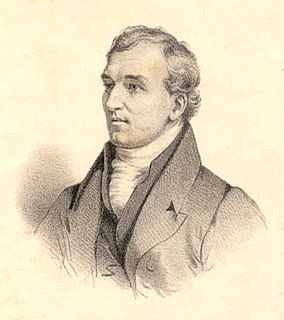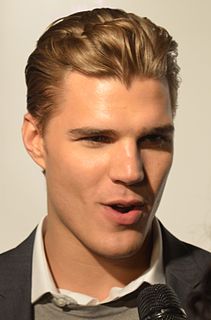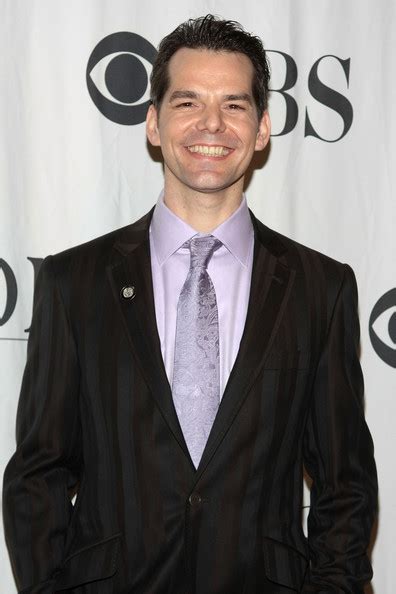A Quote by Reed Morano
When I got on my first set, I watched what the cinematographer was doing, and at that level in film school, the cinematographer has the most control. They're the one looking through the viewfinder, carrying the camera, framing the shots.
Related Quotes
I'm the most experienced cinematographer in this medium, so there's no point in having that extra conversation in the middle of the loop. You're making the film in relation to what's happening now, and you can't really affect what's happening now. It's not like you're in control of anything in front of the camera. If you're calling yourself the director and you're not the cinematographer, I think you're kidding yourself.
The difference between a regular camera and a 3D camera, for an actor, is really no different except that the turn-arounds are longer. It takes a lot longer to set up a shot because the cinematographer is really trying to set up a whole world, so it can't be more intricate and more beautiful to the viewers, in 3D.



































